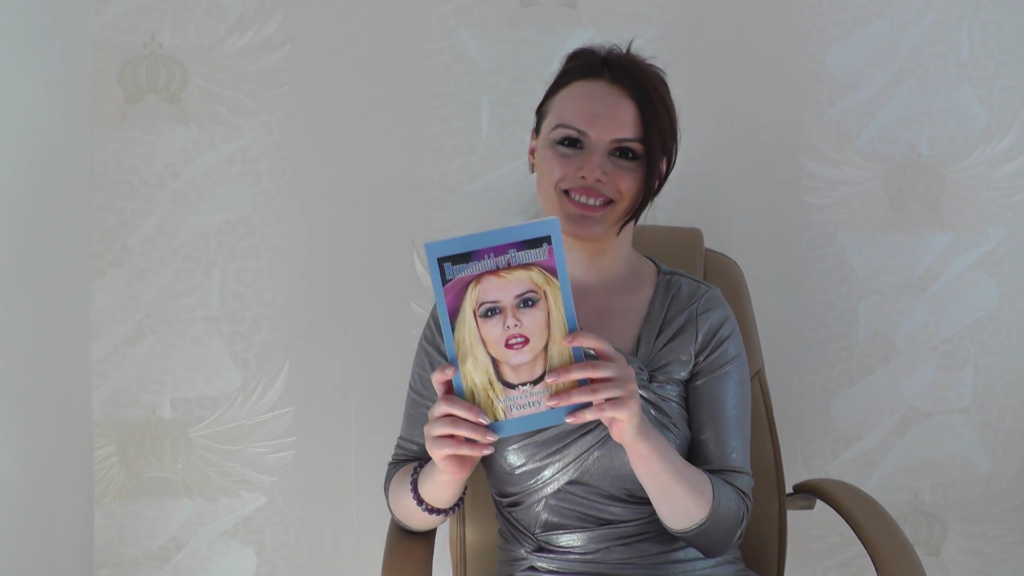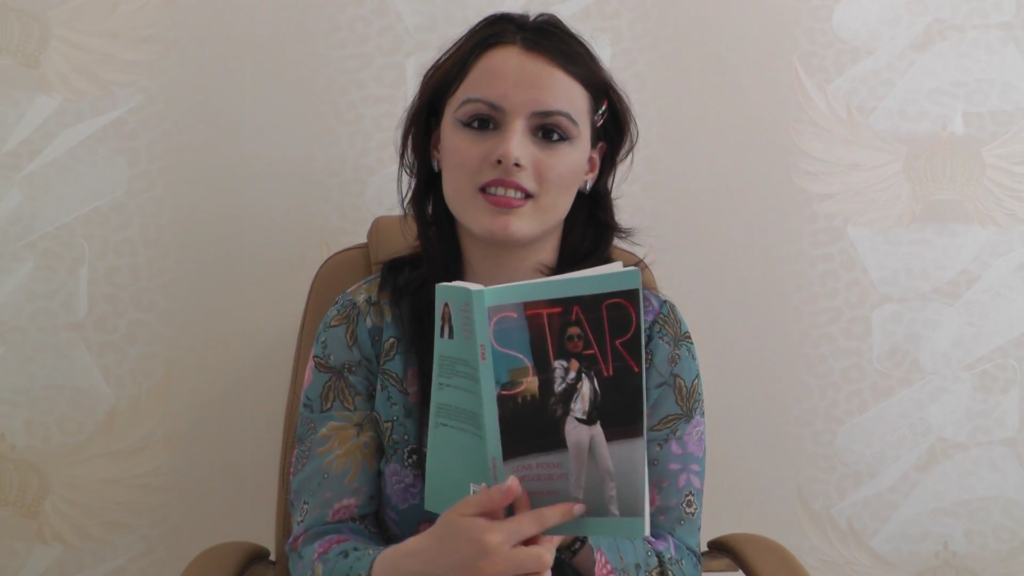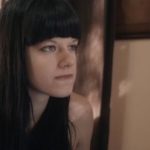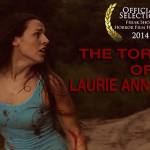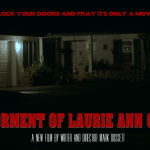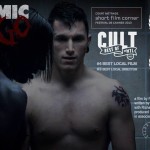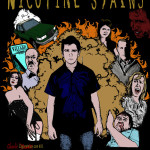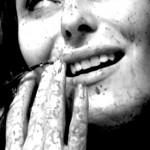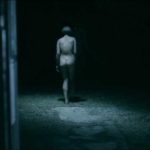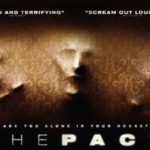Review by Chris Rennirt
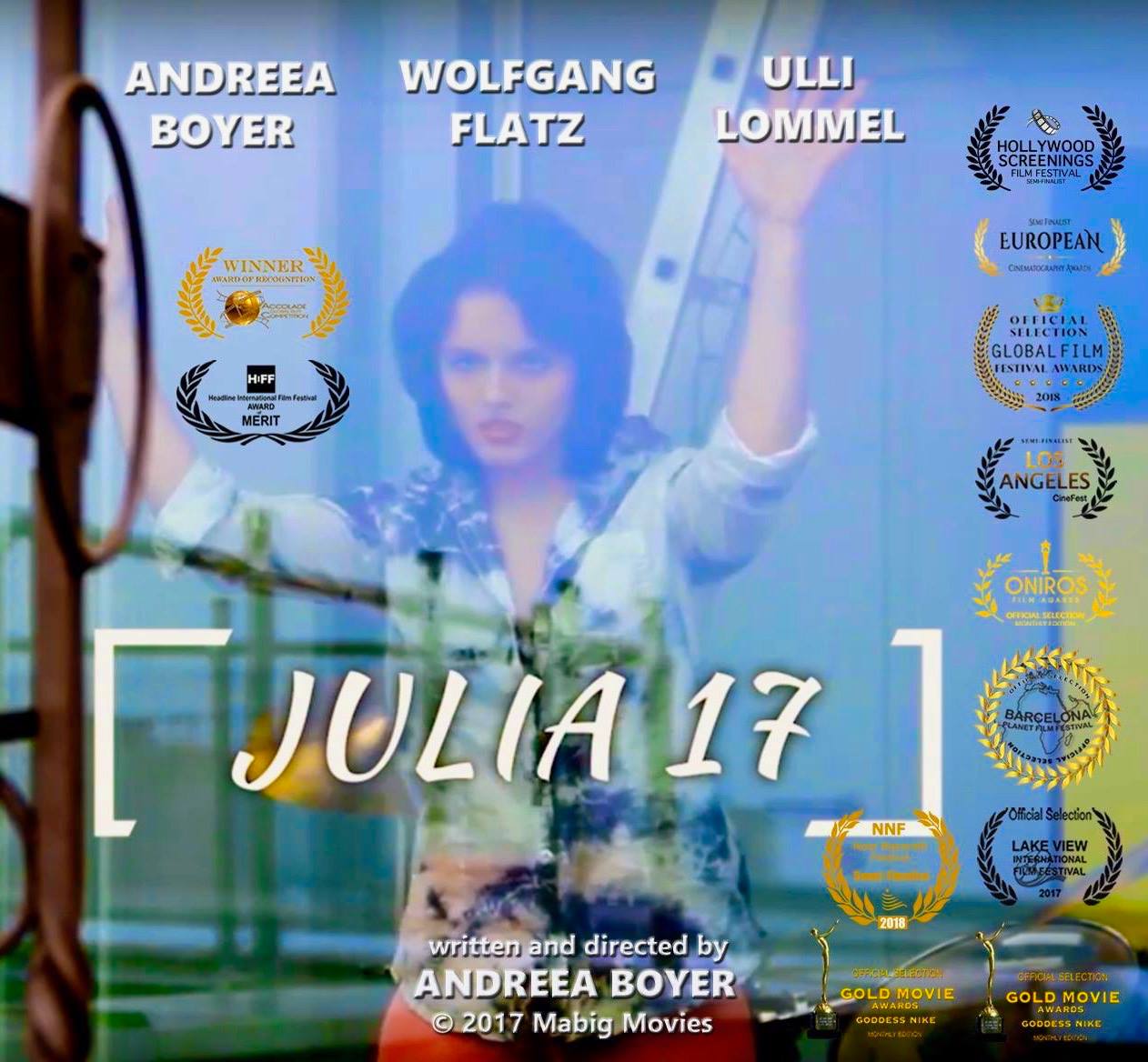
Just as incest, abuse and abandonment are real-world horrors, so is Julia 17–a surreal, stream-of-consciousness mind trip, where images and events flow as dreams, or sometimes as nightmares. But, Julia’s nightmares are real, happening to her in the daylight, penetrating and brutal, with eyes wide open; her nightmares are the world she lives in, in the past, in the present, and sometimes in the future she sees for herself, as she discovers, slowly and courageously enough, who she really is.
“There’s no hope for my father to become a better human being, because being cruel is all he’s ever known.” ~ Julia
Where does Julia’s story begin? At age seventeen, at home, being stripped and raped by her father, pressed against a wall in a dirty room. Julia is her father’s “good girl” and her father’s “princess.” He insists that she is, forcing her to say the words, just as he forces himself on her sexually. “I am your princess…I am your good girl,” Julia obediently repeats. Dad will take nothing less than her agreement that she is good and royal, while he defiles and debases her as if she’s born to suffer…for him, sexually. Thereafter, for reasons we don’t know, perhaps after having his fill of her over the years, father releases Julia into the world. He releases her to have a boyfriend and to be herself…or so he says. Like a demon in human form, Dad is the glaring metaphor of a true monster, selfish and perverted, taking until he wants no more, feeling no remorse in the end. But, with Julia’s life as it’s been so far, will it be so easy for her to be free in the world and discover who she really is? Of course not!
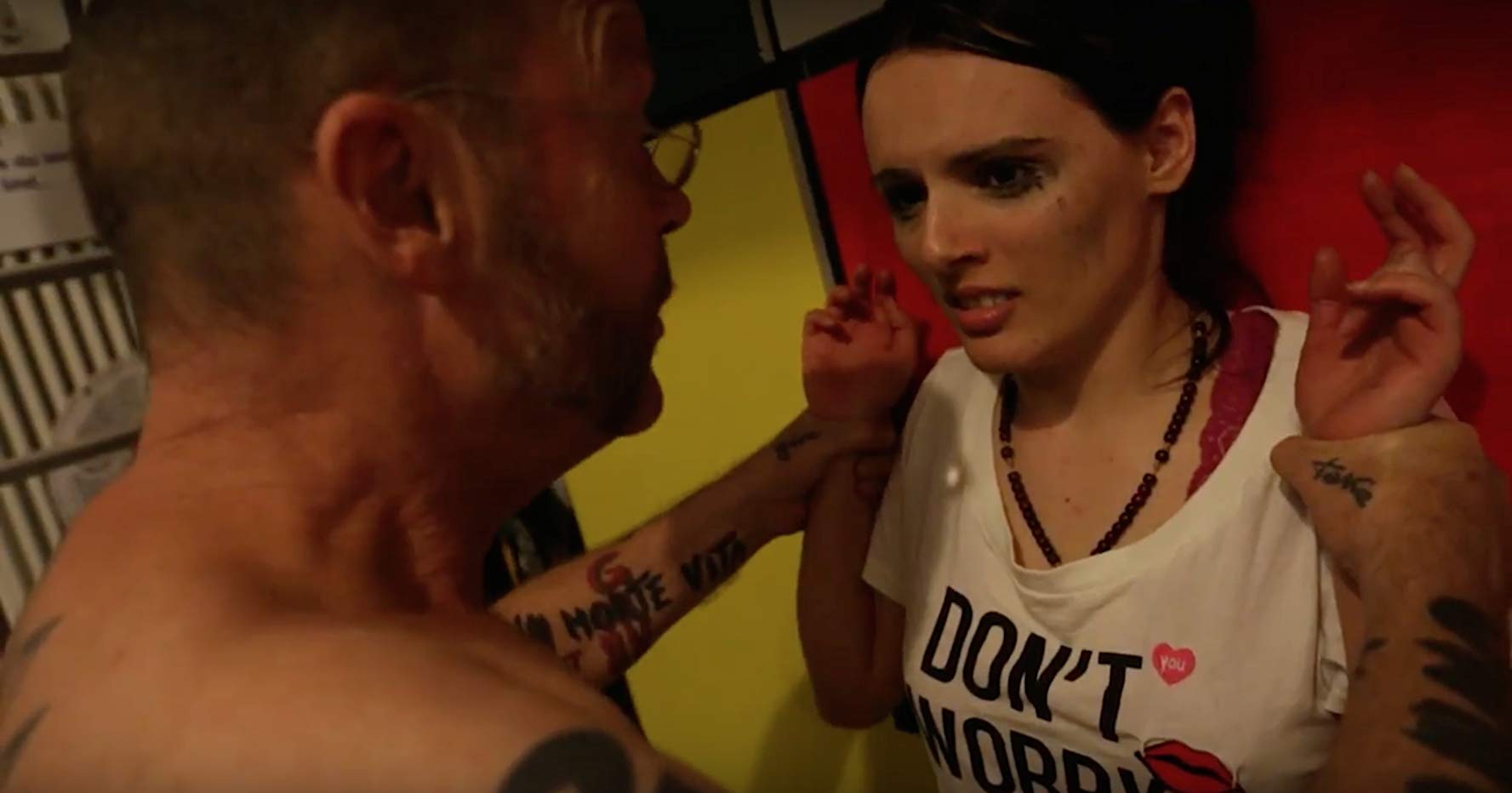
“You are my princess! I would do anything for you, Julia! You know that!” says dad, as he rapes his daughter. Wolfgang Flatz (as dad) and Julia (Andreea Boyer)
From here, Julia’s story of attempted self-discovery begins. Andrea Boyer (writer, director, and cinematographer of Julia 17) is also a poet, and a very good one at that! (Check out the links to her readings below.) With Boyer’s talent for verse, her voice over narrations in Julia 17 are metaphorical, beautiful, and rhythmic, revealing the subtleties of Julia’s suffering and allegorical thinking. In Julia’s first voice over, after being released from her father, she refers to herself as a space explorer, “flying freely through the galaxy…orbiting a certain planet…not yet courageous enough to land there and discover [herself] on it.” If she gives up, she’ll become extinct, she says, never truly being happy. But, “surrounded by many other stars,” she feels comfort. Yes! A mind with such trauma in its past paints its connection with the world with a most resilient, imaginative palette, ever hopeful of the future and its potential; Julia does this as a means of escape, as much as a means of creative expression and strength.
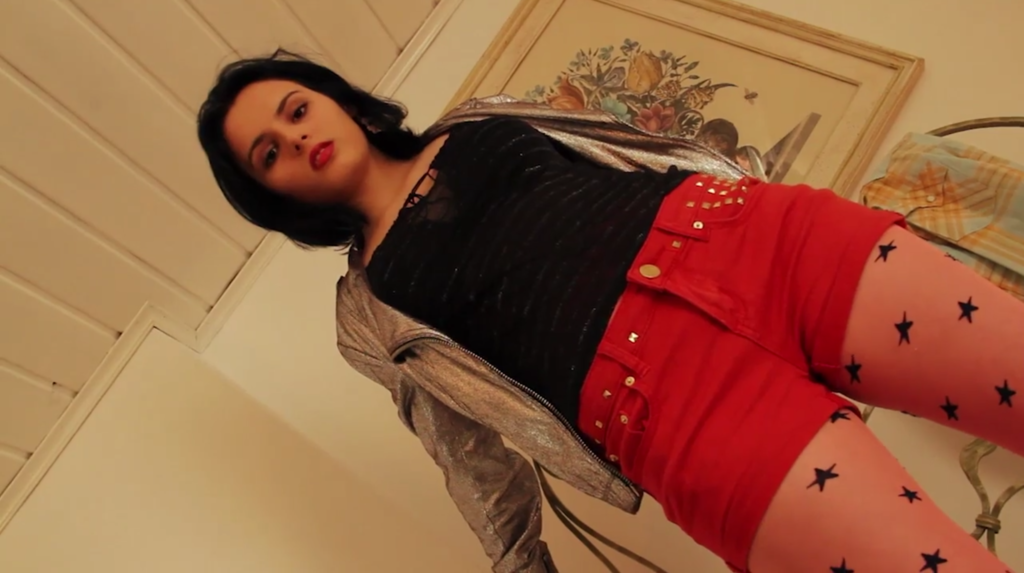
Diagonal camera angles emphasize the surreal nature of Julia’s experiences, making the camera a fly on the wall (or, perhaps, a fly on the floor).
It is exactly Julia’s poetic telling of the plot, vibrantly, with words, images, and actions, that makes Julia 17 stand out as a real-world, art-house horror story, complete with monsters, inner demons, downward spirals, and the human condition in its worst, most hopeless forms. Cinematic devices effectively used include surreal, diagonal camera angles, sudden changes to black and white, dreamy scenes in high-contrast color, bizarre changes of settings (seemingly as a dream insert), complete dance sequences that create visual tangents, frequent time-lapse cityscapes (mostly used for effective scene transition), and sometimes downright bizarre and spontaneous character behavior. For example, after Julia’s estranged mother (Berivan Kaya) has been excessively scolded by Julia for abandoning her, the mother breaks out into a strange, almost convulsive dance, punctuated by bouts of frenetic floor scrubbing! Although this could be interpreted (or misunderstood) in many ways, I saw it poetically, as I think was Boyer’s intent. (Boyer is simply too smart to do this for anything but deeper meaning). To me, the mother’s bizarre dance was an expression of emotional escape–fleeing from the memories of what she did to Julia. As a motif, dance throughout the movie suggests a celebration of freedom or a means of liberating oneself from trauma. Whether or not that is correct, it certainly works in my mind, in the poetic context the movie establishes from the beginning.
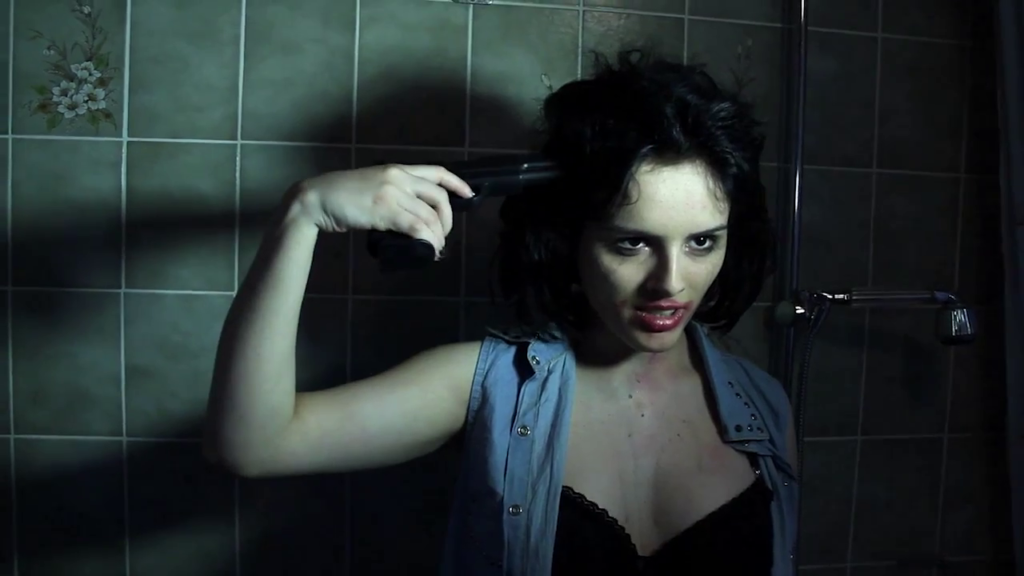
A subtle but powerful image of horror is portrayed by Julia putting a gun to her head with such confidence and satisfaction! Will she pull the trigger?
Speaking of what worked in my mind, I also liked exactly that freedom of interpretation offered to me as a viewer. Nothing about Julia 17‘s meaning is handed to us on a platter, in plain black and white. Just like a poem, the movie has something to be known, only as a reward for truly thinking. Too many movies today simply tell us what to think and how to interpret everything, in overly-obvious, dead-end ways. Julia 17 doesn’t even come close to making it so easy.
“I feel that I’m flying free through the galaxy and orbiting a certain planet, but I’m not courageous enough to land there and discover myself on it.” ~ Julia
With all the despair in Julia 17, is there any light visible at the end of the trauma tunnel? Yes, indeed! Throughout the movie, after Julia’s freedom, there are moments of happiness and hope, achieved by chance as often as effort, yet always unstable. Everything and everyone weaves an unpredictable path between real and surreal events, from completely ordinary to utterly extraordinary, exaggerated and dreamlike. It is, however, this authenticity that connects us, so well, to Julia’s freedom and journey to self-discovery.
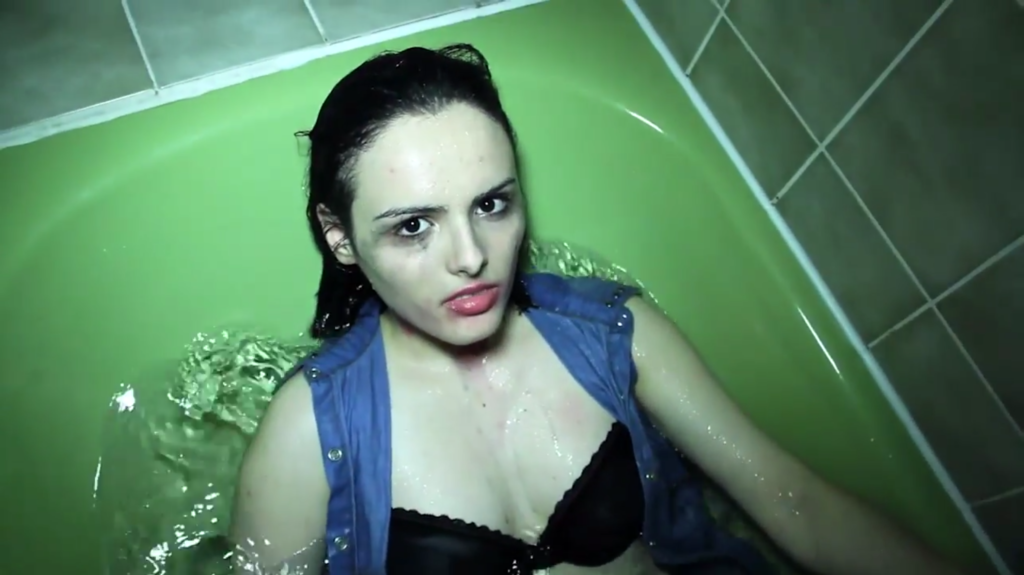
From the eyes of Andreea Boyer (as Julia) emotions project and penetrate.
As a further connection to the ways that young people often express their private feelings today, Julia posts videos of herself on a website called magicmonsta.com. She also has a very dedicated fanbase that creates yet another bizarre point of surrealism. The fans, almost cheesy caricatures of themselves, eventually travel from different countries just to meet Julia. They all then, ironically, and true to the movie’s motif, become the entranced audience for a couple of tango dancers (Roberto Diaz and Karine Prato), whose performance we see in its entirety. (Yes! It’s dance again!) In any other movie not also setting a tone for scenes so errant and prolonged, I’d be scratching my head saying, “What the f**k?” But, in Julia 17, I was not only not surprised, but also quite entertained! Yes! I actually watched all of the dance! Every damn step of it! As for magicmonsa.com, I admit that I googled it!
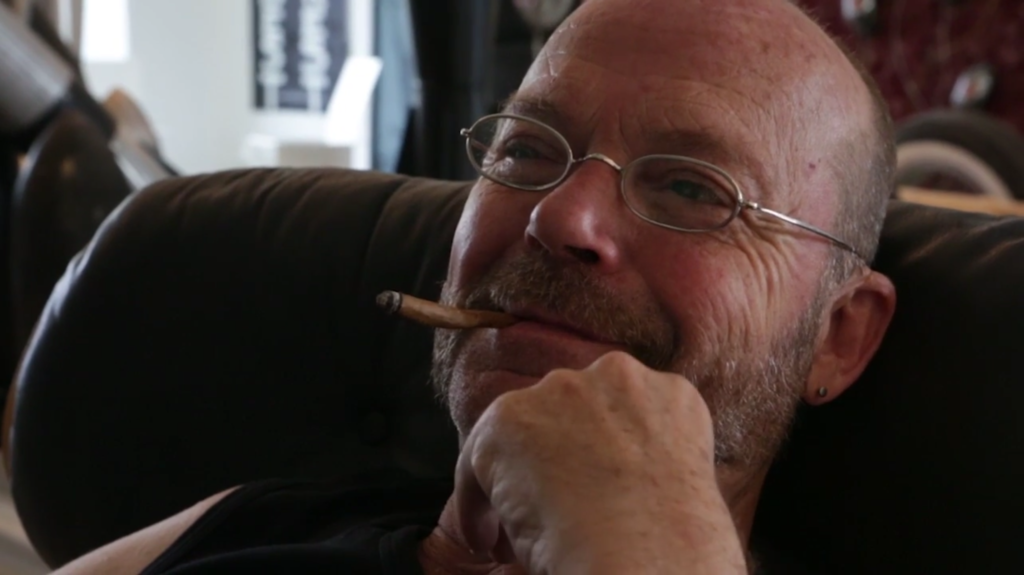
Wolfgang Flatz (as dad) reminisces about Julia with a smile, just as any daughter-f*****g sociopath would. Great job Wolfgang!
How is the acting? Let’s start with the movie’s star (who is also the movie’s writer, director, and cinematographer), Andreea Boyer! With the complexity and significance of Julia’s character, Boyer must convey a wide range of emotions to the audience and make them all believable. Does she do it? Absolutely yes! Without Boyer mining the depth of feelings so thoroughly, Julia 17 would fail, just as any such character-driven movie would. We need to believe that Julia is terrorized by her father as he rapes her, breathing down her neck, forcing her to repeat his words. We need to see and feel the desperation in Julia’s eyes as she stares at us, looking for help we cannot give her! As Julia’s eye’s widen with fear, we need to connect, if not from experience, at least because we are human and she makes us understand! With Boyer’s performance, we believe, we feel, and we connect!
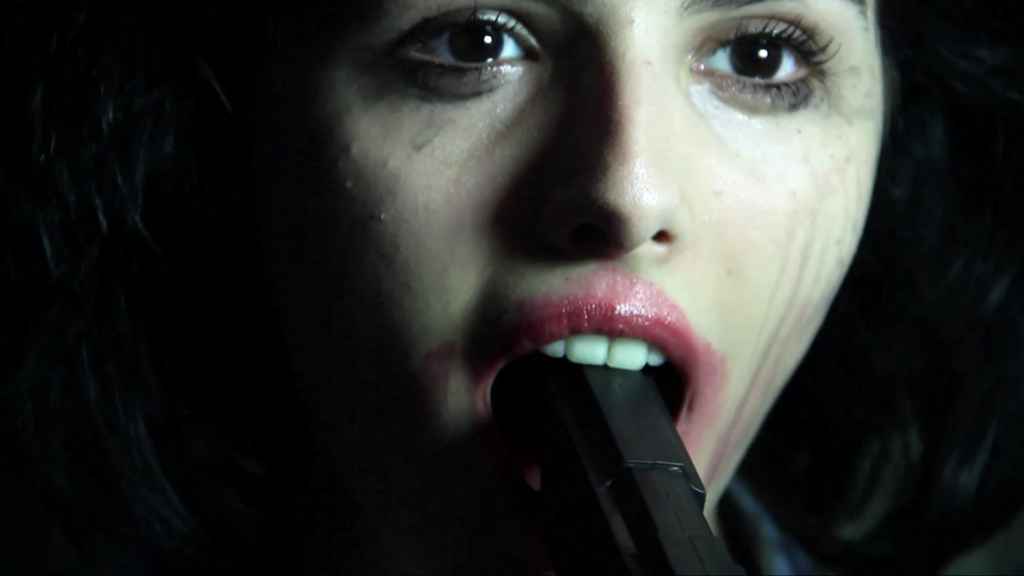
“Put it in your mouth, right, like you want to kill yourself.” ~ Mysterious Director
Nailing the role as an incestuous, daughter-raping dad may not be what an actor wants to be known for, but Wolfgang Flatz certainly deserves an Oscar for his performance. Flatz (only refered to as “Dad” in the movie) plays his role of a cold, calculated pervert with textbook perfection. He delivers his lines with greedy efficiency, complete with detached, seemingly routine expressions we expect. Even in long moments of focus on Flatz’s face, as he thinks about Julia, he is visibly selfish, without a thought of remorse. In his eyes, we see apathy even as he smiles. Flatz, as the father, delivers just what’s needed to Julia 17–a most memorable real-world monster.
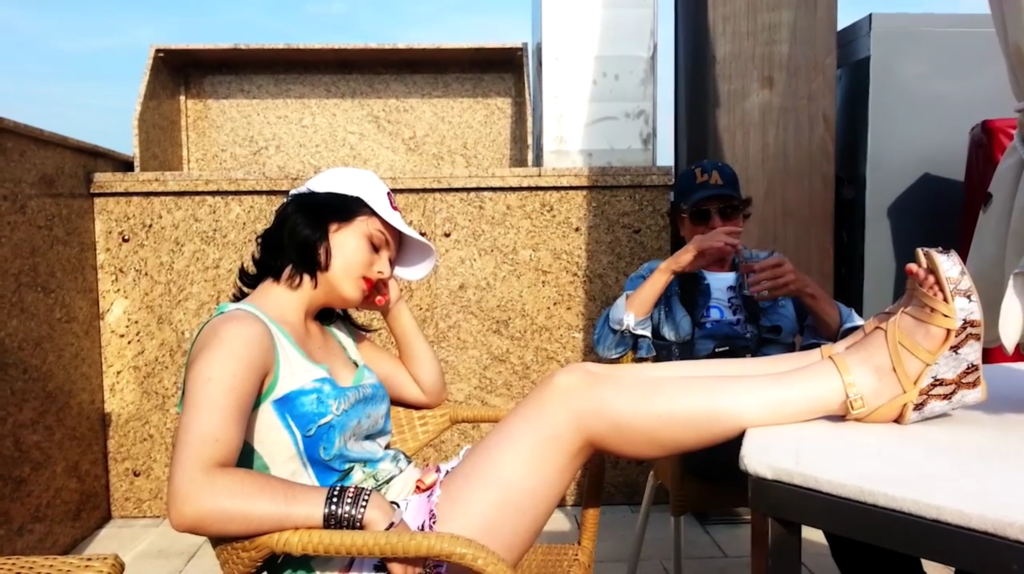
Andrea Boyer (as Julia) with Ulli Lommel (as the “Mysterious Director)
Are there more monsters? Of course! While Julia’s father is the worst, her world is not exempt from the usual, including the stereotypical Hollywood producer, known simply as the “Mysterious Producer” in the credits (although called Ulli by Julia’s brother). Playing this part is, in fact, the late actor, director, and writer Ulli Lommel, in one of his final performances. Sporting cheap cowboy hats, designer sunglasses, and a hand-held camera (sometimes just a cell phone camera), the “Mysterious Director” is a true wolf in sheep’s clothing. His words and harmless facade belie his exploitative intent, so well as to seem natural. Yes! Is producing a movie about Julia’s abuse, slathering her with faux-cum and having her hold a gun to her head really helping her? Is it in any way protecting her? Of course not! As Julia’s big brother says, “This is some pretty graphic material.” Absolutely, yes it is! Does big brother show his own monster by not thinking further, or does he come to the rescue? Does Julia’s journey of self-discovery and abuse continue or come to an end! I’ll let you decide, or better yet, see for yourself.
“I can’t give up. Otherwise, I will become extinct and never be truly happy.” ~ Julia
As more than an afterthought, I must mention the music in Julia 17. It’s fantastic, and it occurs often! I lost track of how many great songs I found myself liking and wanting to add to my own music collection. Yes! Anyone watching Julia 17 will likely find themselves checking the credits to identify more than a few favorite songs! Of course, while good music alone doesn’t make a movie good, it certainly helps! In Julia 17, the music does its job a hundred percent, making the movie all the better.
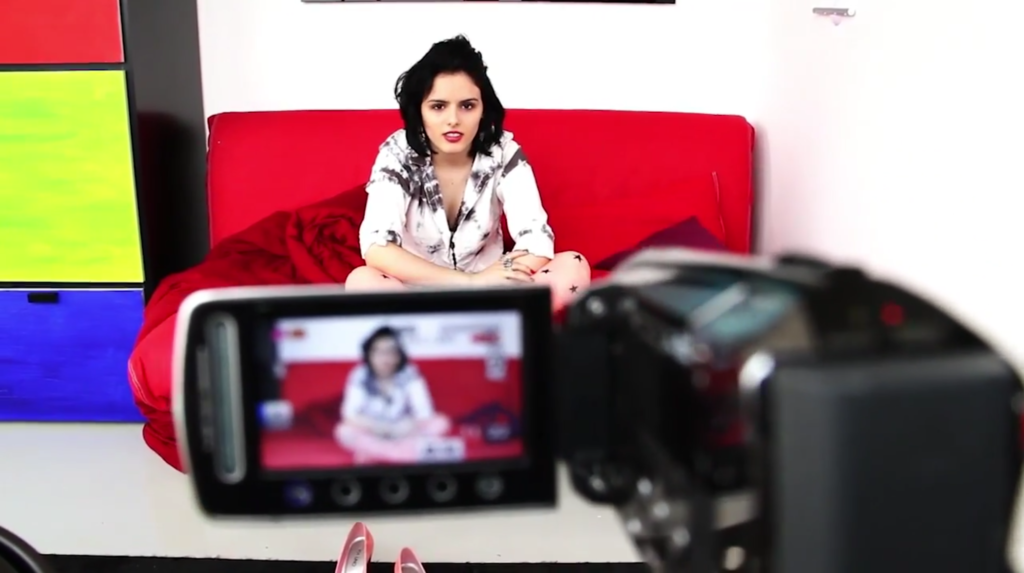
As a mirror of reality, Julia directs herself, just as Andrea Boyer directs Julia 17. What a coincidence!
Will Julia have the happily-ever-after ending every princess deserves? Will Julia’s daughter-fucking father die and go to hell, as he should? Will he feel even an ounce of humanly remorse on Earth first? Will Julia dance for the rest of her life somewhere in Brazil, seductively eating bananas with a man decades older? How many more ice cream cones will Julia lick, ever so slowly in closeups, with sultry affection? How many more dances will Julia do, spontaneously and happily, before the music stops, before she realizes what abuse really is? Will there be a sequel, perhaps a Julia 18, 19, or 20-something? With the incredible talent of Andreea Boyer, and the compelling story that is Julia 17, Space Jockey Reviews is certainly hopeful! Over the moon and beyond the stars, there’s always more!
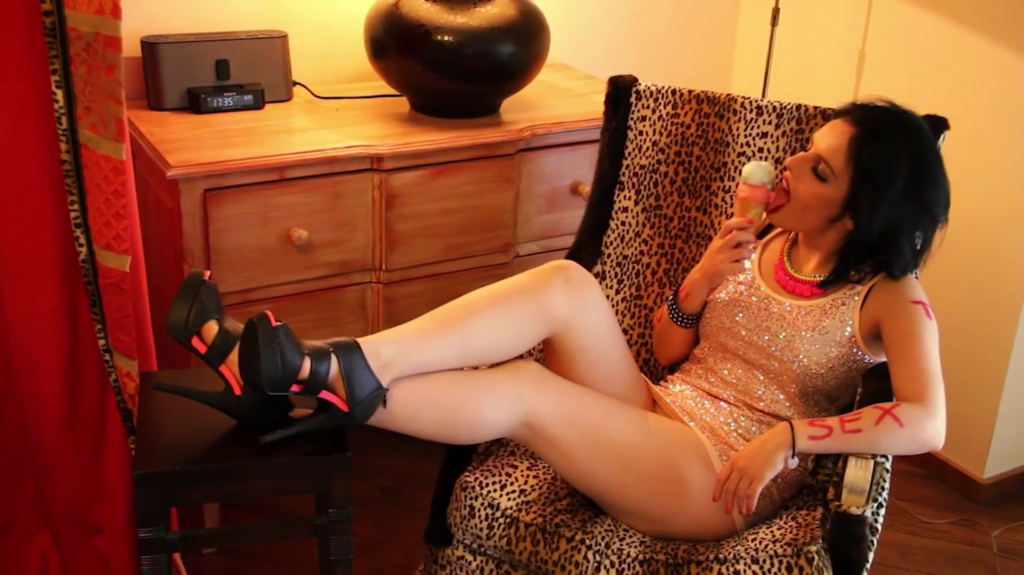
Watching Julia lick an ice cream cone, one must wonder what flavor she’s tasting.
Julia 17 is a rare and brutally honest film about real abuse that affects children every day, somewhere, as a real-world horror of the worst kind. It grabs our attention with bold realism, surrealism and intelligence, taking us to places uncomfortable but necessary. It’s a stream-of-conscious look at life, as experienced by a seventeen-year-old girl, forever damaged, yet ever resilient and hopeful. Real-world horror is never so well told, as when the biggest monster is a father and the victim is a daughter. Julia 17 presents just that horror, without flinching, without looking away, without us letting think it’s just a movie. Monster after monster in Julia’s life seeks to use and abuse her, without a hero in sight. While not a film for everyone, those who appreciate the style, spontaneity, poetic flow and message will be treated to quite a gift. Julia 17, as the Mysterious Director says, “expresses, in a very tough and truthful way, what these people are really trying to do to you.” What’s more important, in reaction, is that Boyer’s cinematic vision shines with resilience that dances, rather than gives up. As Boyer said to me in a recent conversation related to struggles in life, “I am a warrior.” Indeed she is, and indeed so is Julia. In Julia 17, a rare melding of actress and character occur. The results are, as Space Jockey Reviews likes to say, “out of this world!”
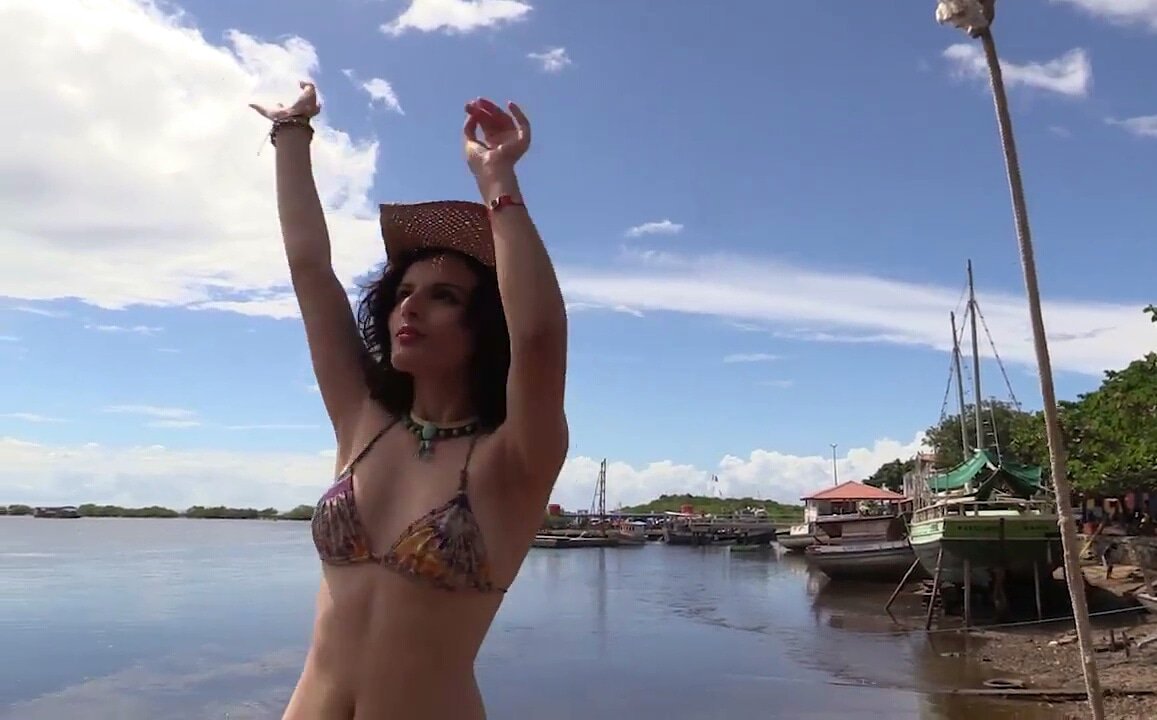
Reach for the stars, Julia! And, above all, never stop dancing!
Julia 17 stars Andreea Boyer, Wolfgang Flatz, Ulli Lommel, Mikael Schallock, Berivan Kaya, and Charles Bradley Logan. The film is directed and produced by Andrea Boyer, and edited by Matthias Kirschner and Frank Schönfelder. Appearing as the tango couple are Roberto Diaz and Karine Prato. Julia 17 is available on Amazon Prime and on Prime Video in all 13 English speaking countries (including USA, Canada, UK, etc.), and in many other countries.
Follow Andreea Boyer on Facebook!
Follow Andreea on Twitter @andreeaboyer!
Check out Andreea’s production company, Mabig Movies, at Mabigmovies.com!
For all the latest videos from Andreea, subscribe to her YouTube Channel!
Check out Andreea reading her poetry: Humanoid or Human?
Also, don’t miss Andreea reading for her poetry collection, STAR!
And now, the trailer for Julia 17!
Below are bonus screenshots from Julia 17 too good not to include! Enjoy!
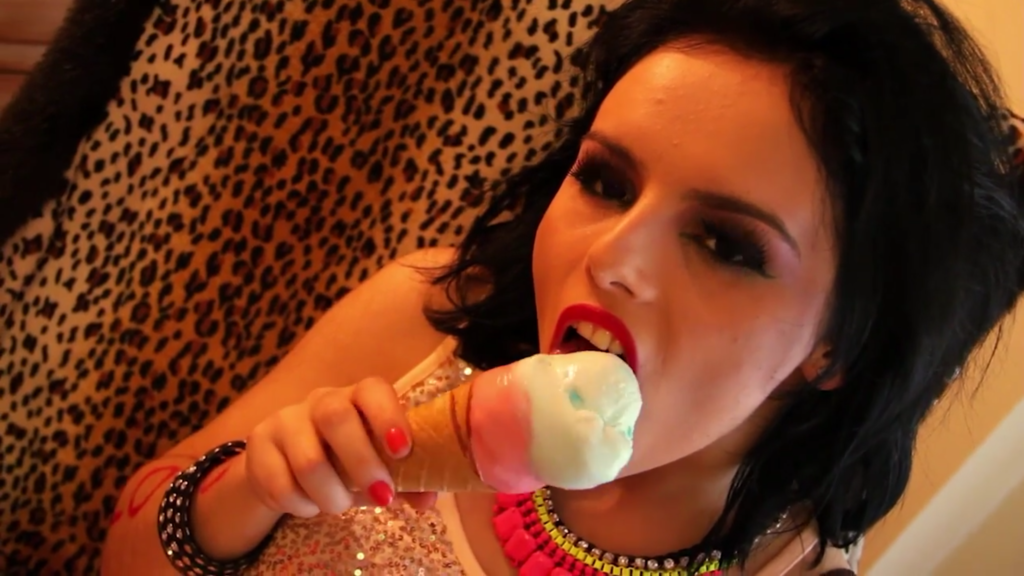
In a closer view, one can’t help but wonder, ever more, what delicious flavors those might be!
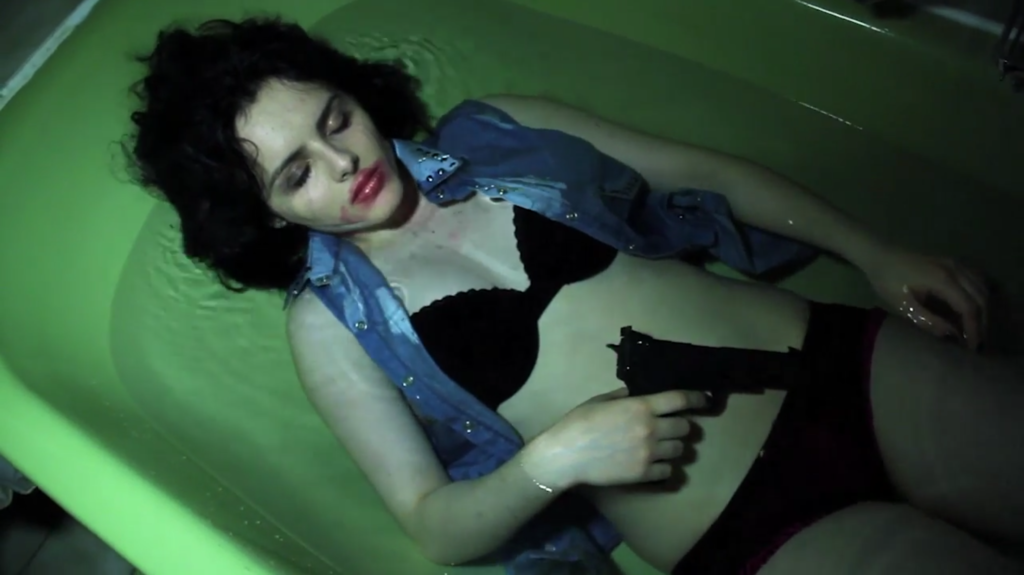
Peaceful and dangerous is a girl in a tub, with a gun!
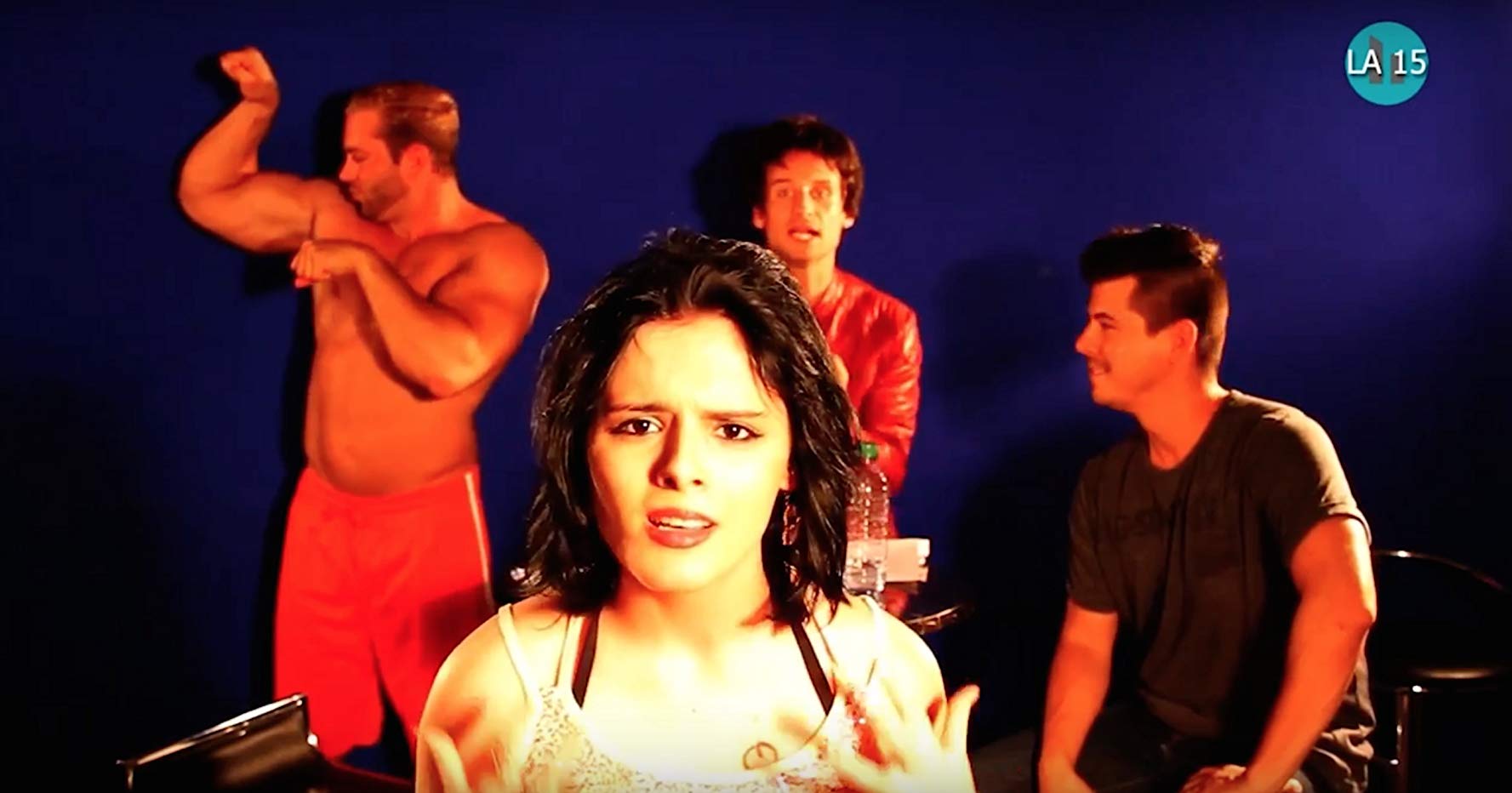
Another surreal moment in Julia 17–one that SJR calls “Time Out for Help!”
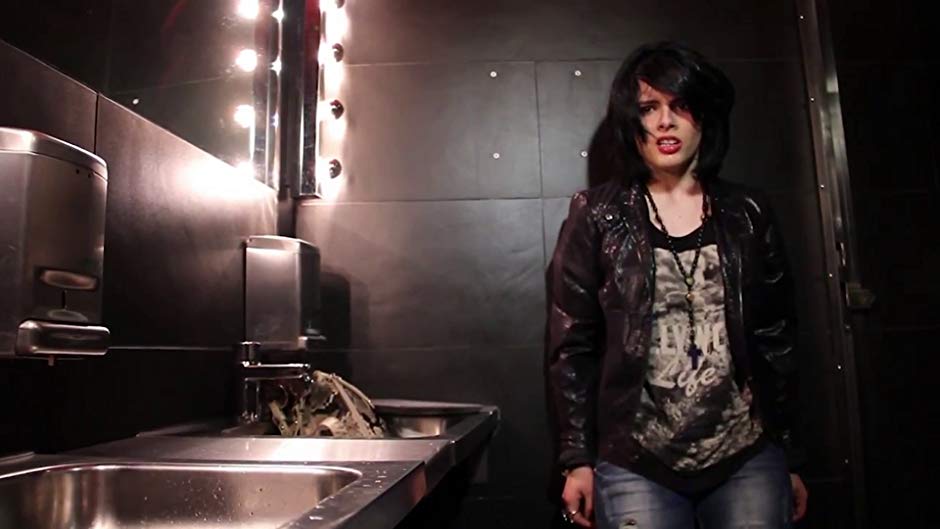
Julia experiences another painful moment of self-discovery. As she says, “Taking off my mask makes me feel like I’m still at the beginning of finding out who I really am.”
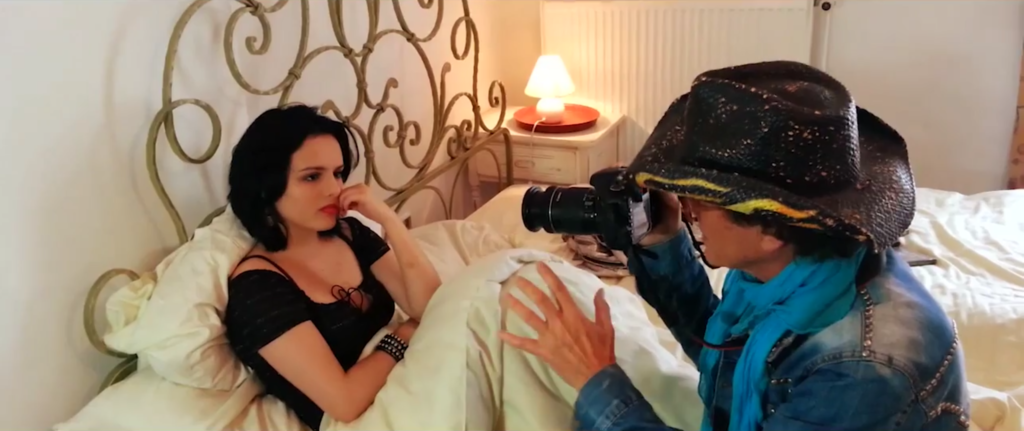
Julia (Andreea Boyer) being coaxed into more abuse by the “Mysterious Director (Ulli Lommel)
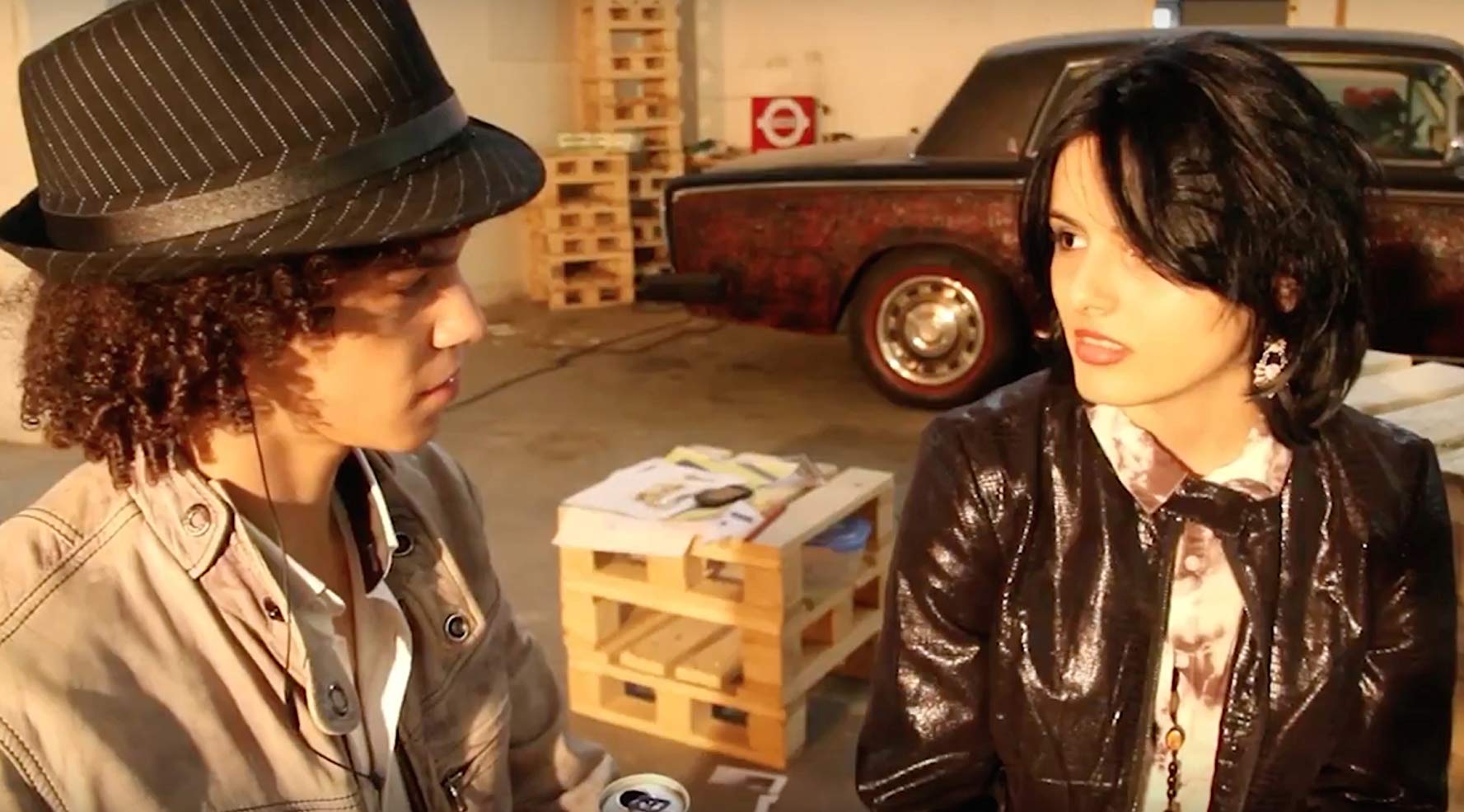
Andreea Boyer (as Julia) with her on-screen boyfriend (Charles Bradley Logan)
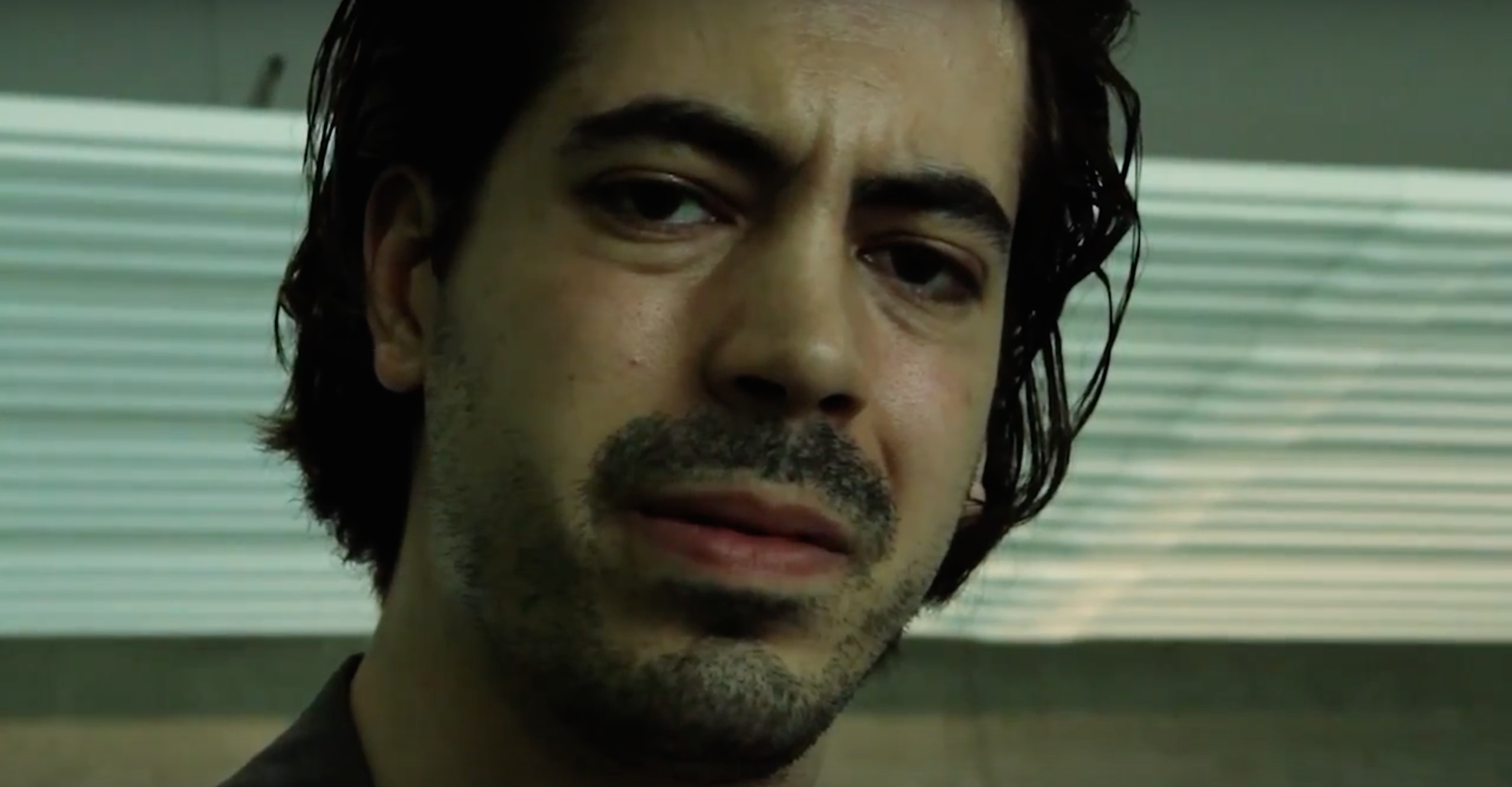
Does big brother (Mikael Schallock) always know best? In movies about incest and abuse, no!
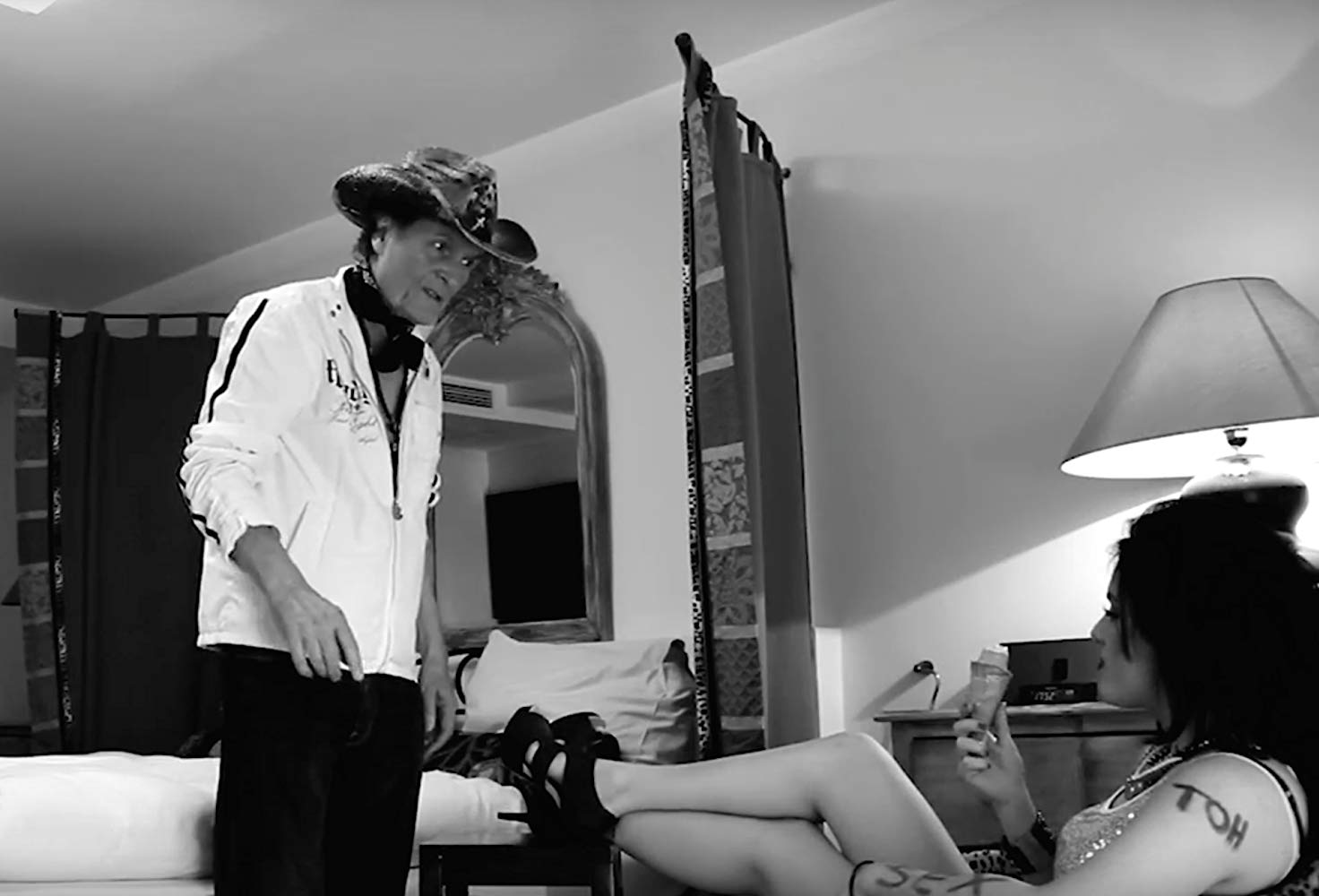
A sudden black-and-white moment between Julia (Andreea Boyer) and the Mysterious Director (Ulli Lommel)
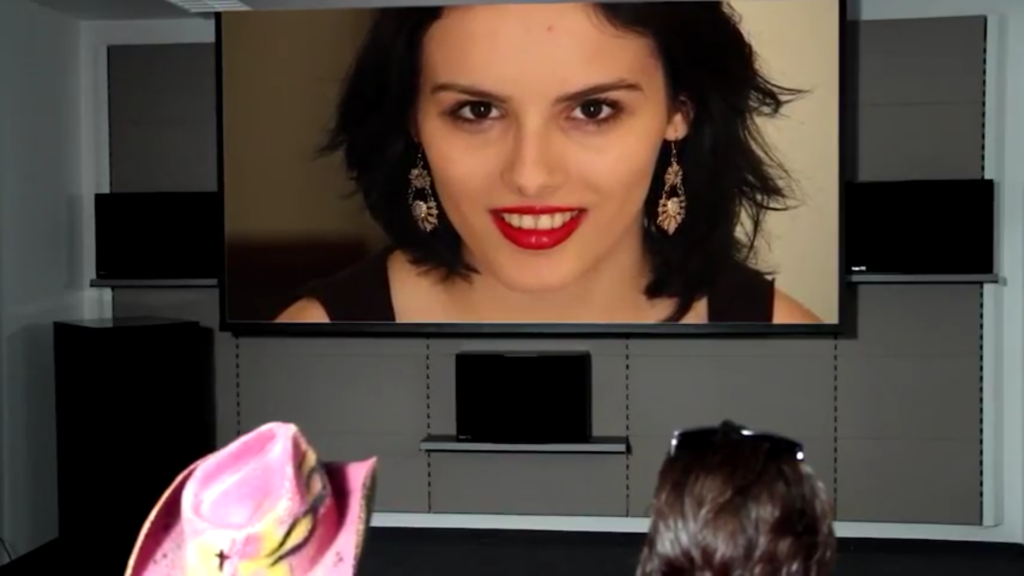
“Yeah, I like her!” says the Mysterious Director. “Do you want me to set up a session?” says big brother.
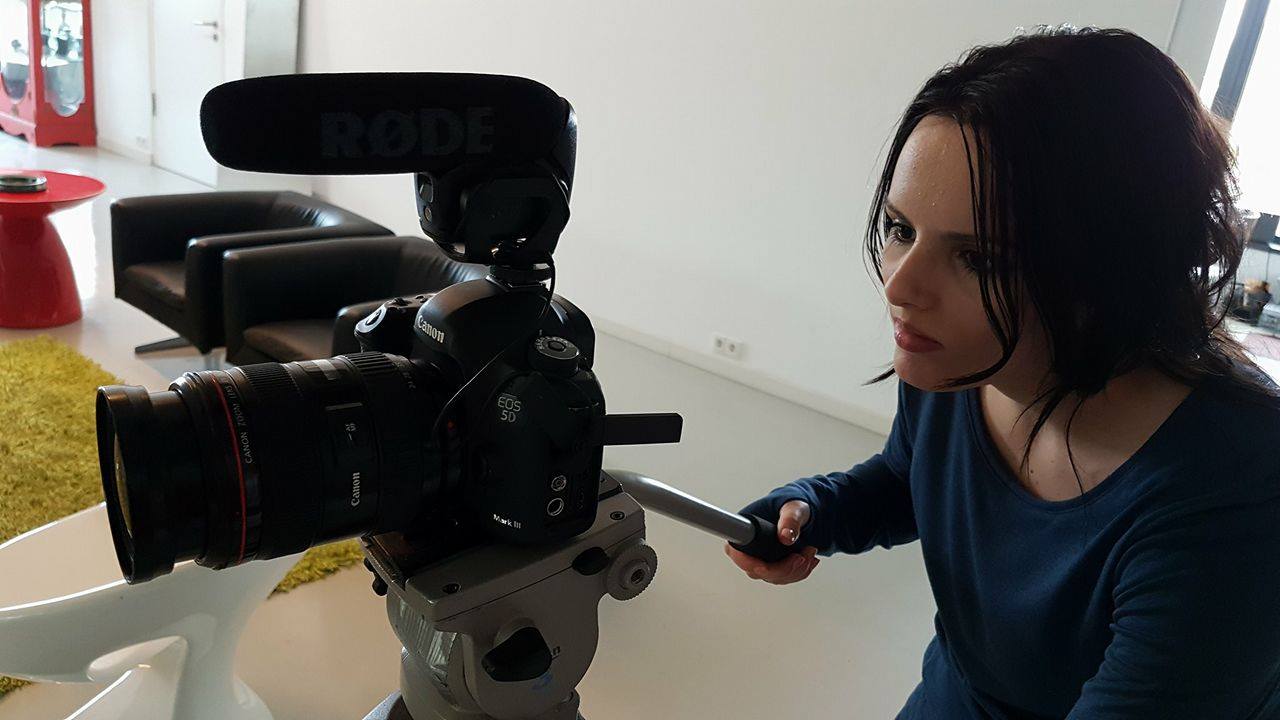
Director/writer/actress Andreea Boyer behind the camera, on the set of Julia 17
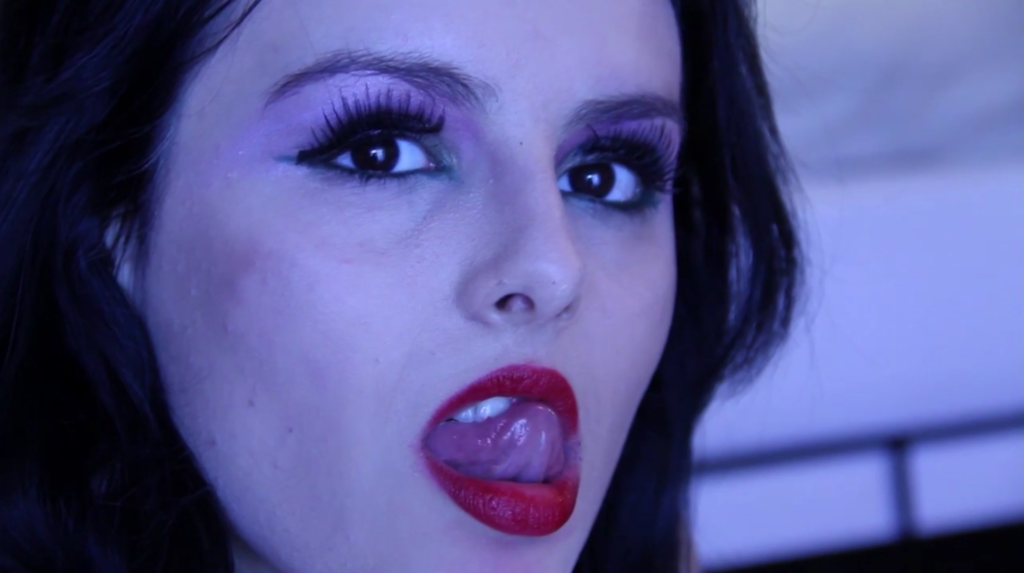
One of many lip-smacking good scenes in Julia 17…and a great way to end the encore!
Chris Rennirt (the author of this review) is a movie critic and writer in Louisville, Kentucky, as well as editor in chief at Space Jockey Reviews. He has been a judge at many film festivals, including Macabre Faire Film Festival and Crimson Screen Film Fest, and he attends horror and sci-fi conventions often. Chris’ movie reviews, articles, and interviews are published regularly on Space Jockey Reviews and in Effective Magazine. His mission statement (describing his goals as a movie critic and philosophy for review writing) can be found on the “Mission” page, here at SJR. For more information about Chris Rennirt (including contact details, publicity photos, and more), click here.
You may also like these!
